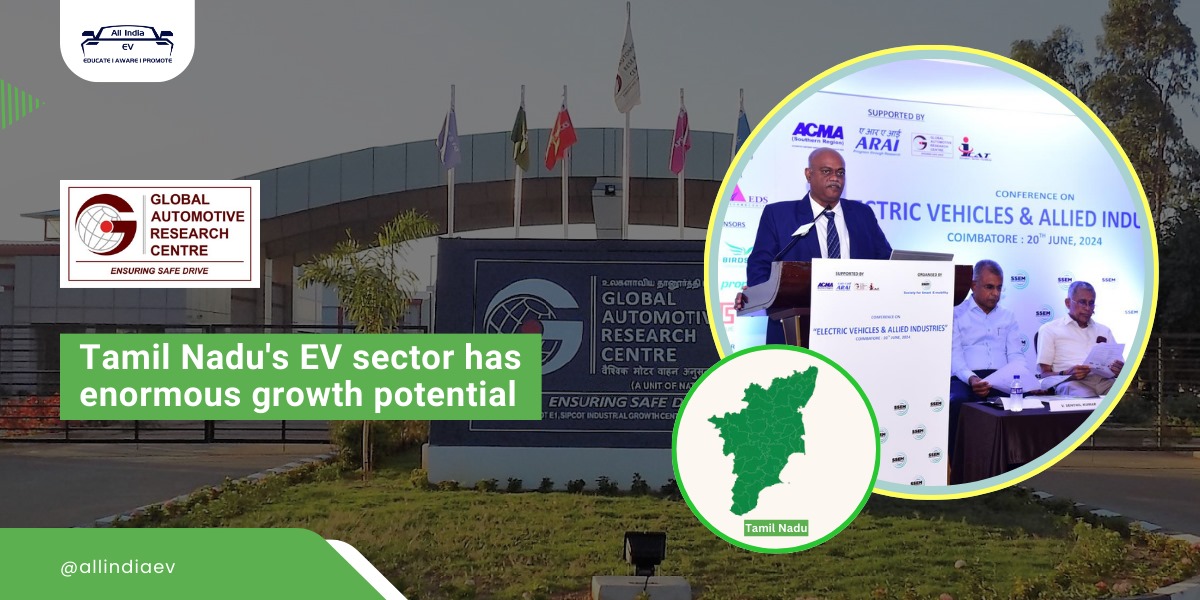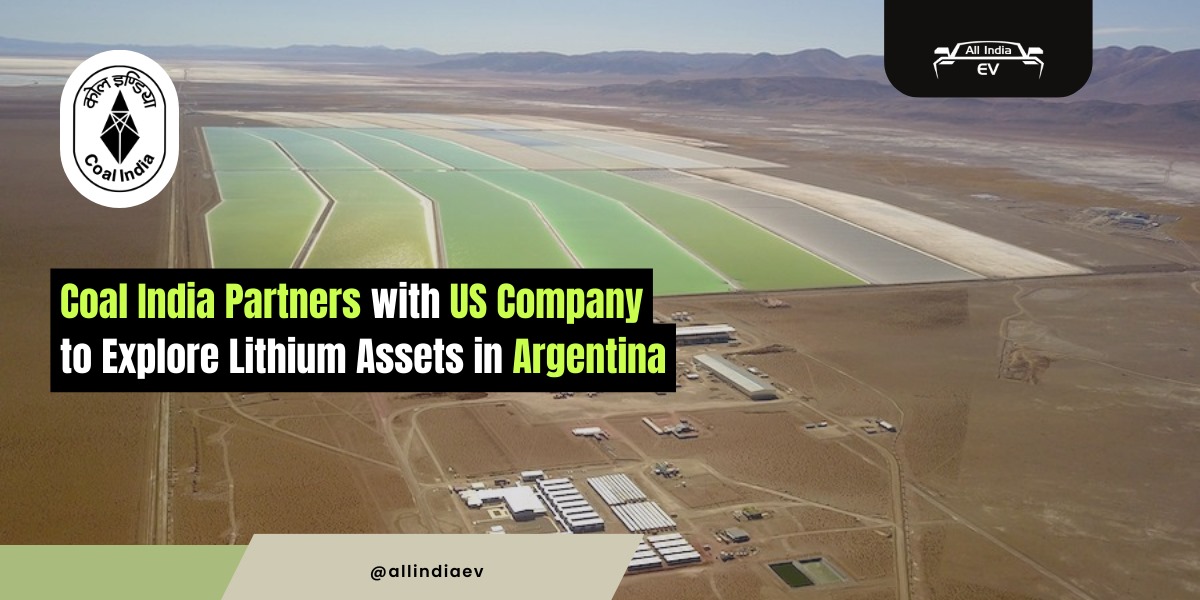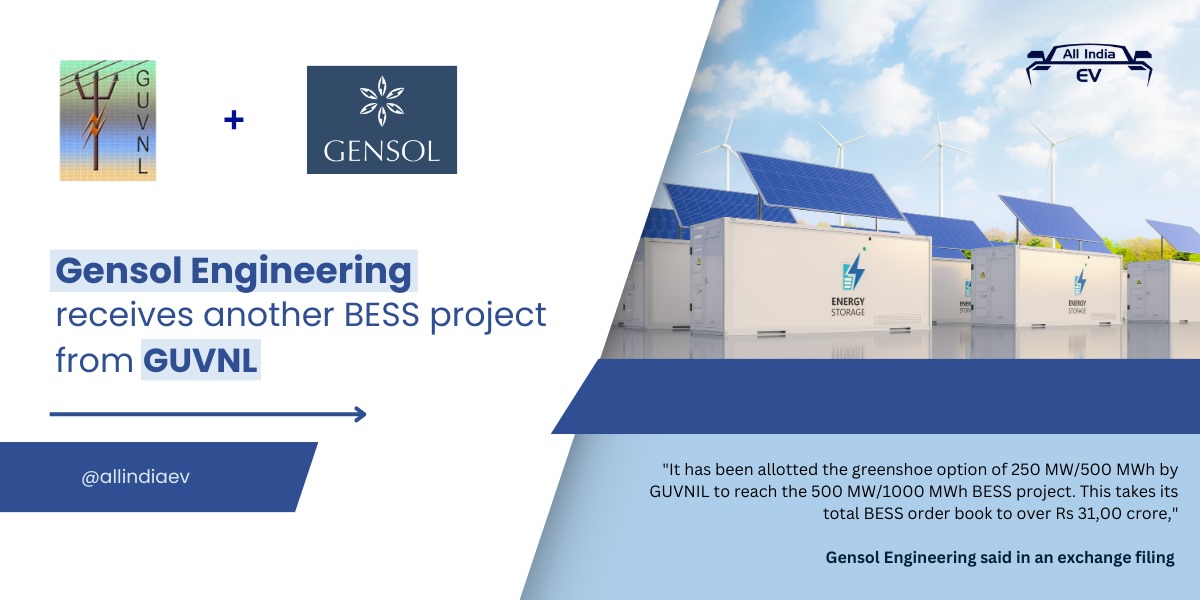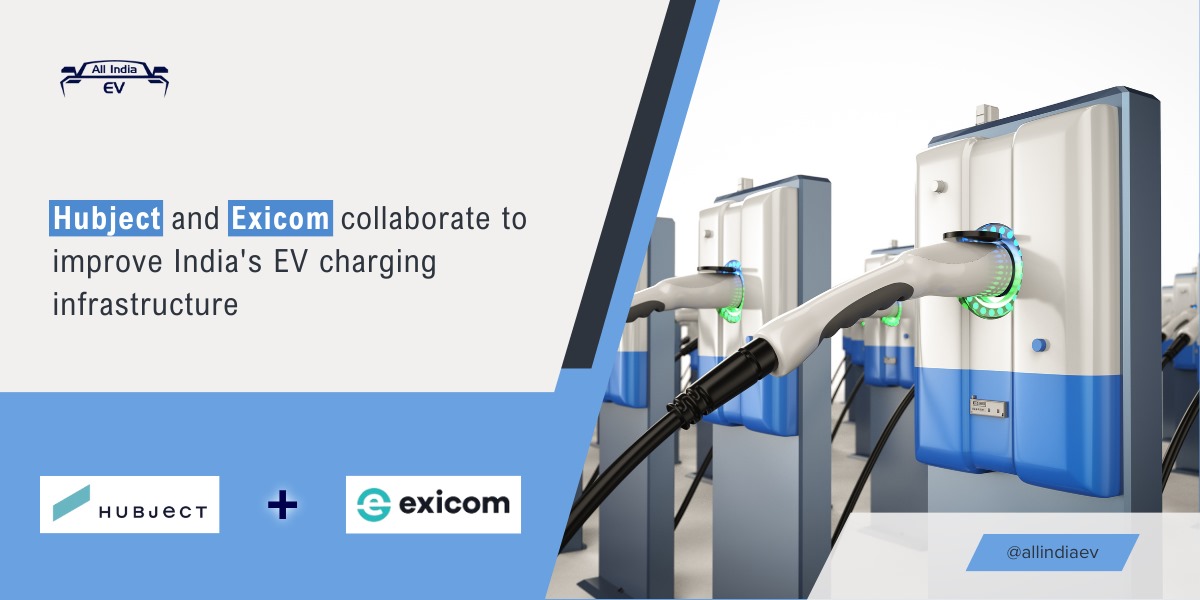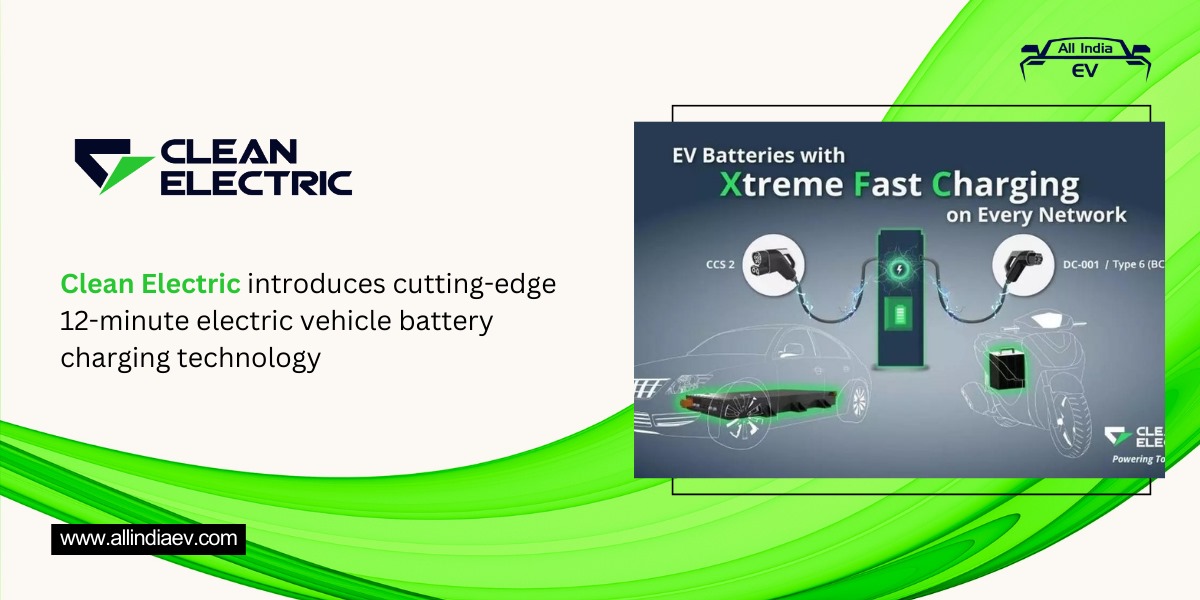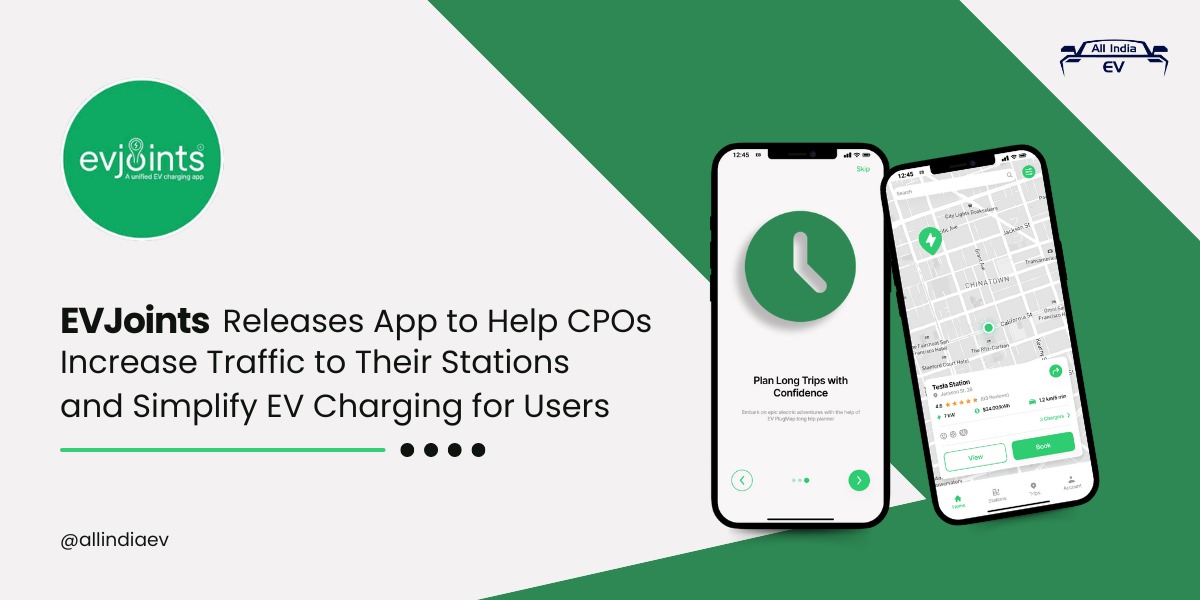EV News

Tamil Nadu’s EV Industry Poised for Significant Growth
Tamil Nadu's EV Industry Poised for Significant Growth Tamil Nadu produces over 40% of the…
Coal India Partners with US Company to Explore Lithium Assets in Argentina
Coal India Partners with US Company to Explore Lithium Assets in Argentina Coal India Ltd…
Gensol Engineering Secures Another BESS Project from GUVNL
Gensol Engineering Secures Another BESS Project from GUVNL On Wednesday, Gensol Engineering announced a significant…
Hubject Partners with Exicom to Enhance EV Charging Experience in India
Hubject Partners with Exicom to Enhance EV Charging Experience in India Hubject, a leader in…
Clean Electric Unveils Revolutionary 12-Minute Charging Battery Technology for Electric Vehicles
Clean Electric Unveils Revolutionary 12-Minute Charging Battery Technology for Electric Vehicles Clean Electric, a pioneer…
EVJoints Launches App to Simplify EV Charging for Users and Help CPOs Generate Traffic to Their Stations
EVJoints Launches App to Simplify EV Charging for Users and Help CPOs Generate Traffic to…
Princeton NuEnergy Secures $30 Million Funding Boost for Lithium Battery Recycling
Princeton NuEnergy Secures $30 Million Funding Boost for Lithium Battery Recycling Princeton NuEnergy (PNE), a…
Battery Smart Secures $65 Million for Expansion into Key Indian Cities
Battery Smart Secures $65 Million for Expansion into Key Indian Cities Battery swapping services provider,…
Statiq Collaborates With Hyundai, ChargeMOD, And GLIDA
Statiq Collaborates With Hyundai, ChargeMOD, And GLIDA Statiq, a leading EV charging network, has teamed…
Emobi Teams Up with HEID and Musashi to Revolutionize Last-Mile Delivery
Emobi Teams Up with HEID and Musashi to Revolutionize Last-Mile Delivery Emobi has partnered with…


